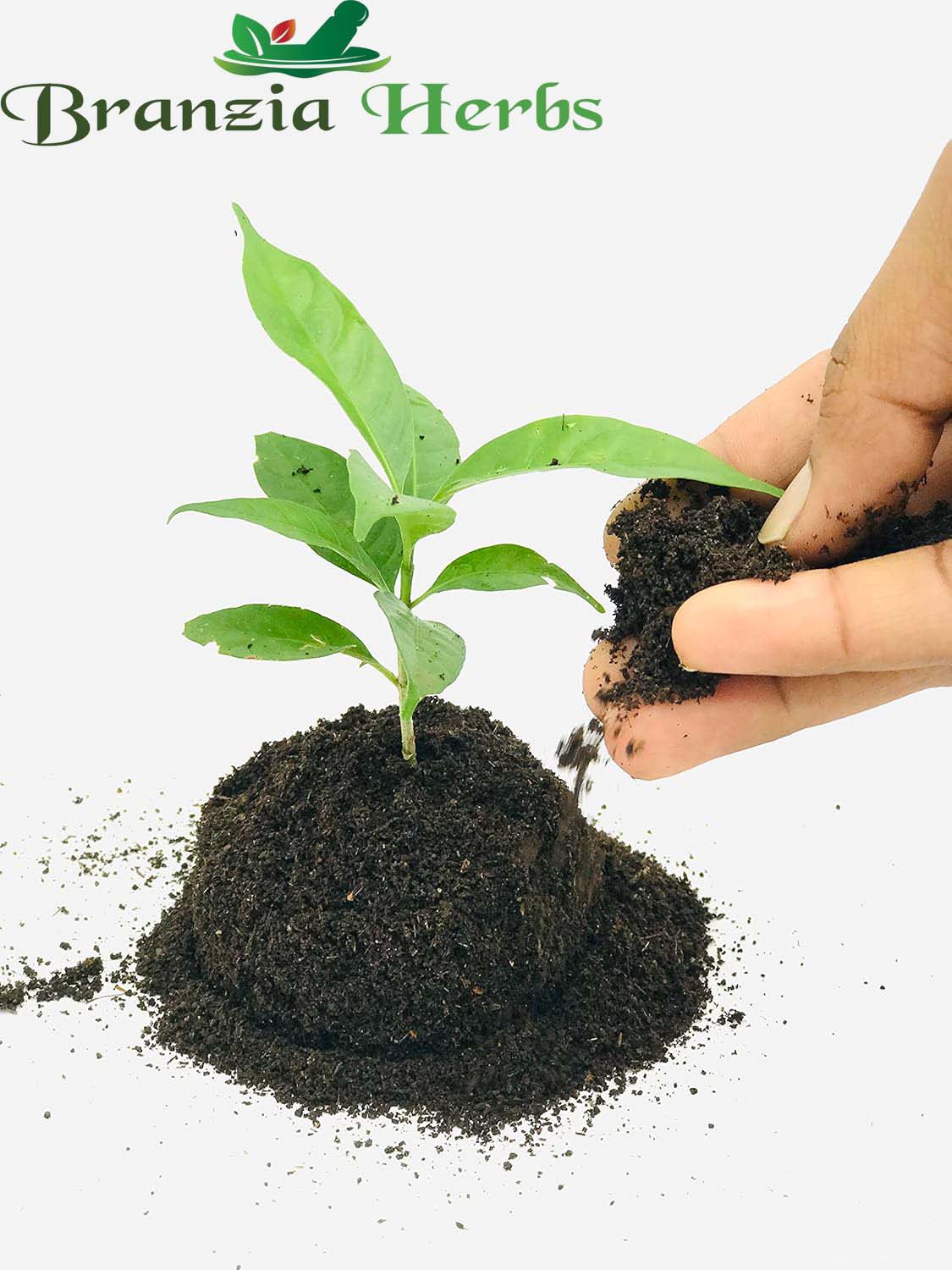Cabbage Band Gobhi refers to a type of cabbage, with "Band Gobhi" being the Hindi term for cabbage. Here’s a detailed overview:
Characteristics:
-
Shape and Size: Typically, cabbage heads are round and compact, though the specific shape can vary slightly depending on the variety.
-
Color: Commonly, cabbages are green, but they can also be red or purple, and there are also varieties with savoyed (crinkled) leaves.
-
Texture and Flavor: Cabbage has a crisp texture and a mildly sweet flavor when cooked, which becomes more pronounced when raw. It's known for its versatility in cooking.
Culinary Uses:
-
Raw: Used in salads, coleslaw, and as a crunchy addition to sandwiches or wraps.
-
Cooked: Commonly cooked in dishes such as stir-fries, soups, stews, and casseroles. It can be boiled, sautéed, or braised.
-
Fermented: Used in making sauerkraut or kimchi, which are both popular fermented dishes.
-
Stuffed: Leaves can be stuffed with various fillings, such as meat and rice, to make dishes like stuffed cabbage rolls.
Growing Tips:
-
Climate: Cabbage prefers cool weather. It grows best in temperatures between 55-75°F (13-24°C) and can tolerate light frost.
-
Soil: Requires well-drained, fertile soil with a pH of 6.0 to 6.8. Incorporate compost to enhance soil quality.
-
Spacing: Space plants about 12-24 inches apart, depending on the variety and expected size of the heads.
-
Watering: Keep the soil consistently moist but not waterlogged. Adequate watering is crucial for healthy growth and head development.
-
Fertilization: Regular feeding with a balanced fertilizer can support robust growth and improve head size and quality.
Varieties and Types:
-
Green Cabbage: The most common type, with smooth, green leaves.
-
Red Cabbage: Has a reddish-purple color and a slightly stronger flavor.
-
Savoy Cabbage: Features crinkled, tender leaves with a milder taste compared to green cabbage.
Cabbage Band Gobhi is a versatile vegetable that can be used in a wide variety of dishes, whether you’re preparing a fresh salad, a hearty stew, or fermented products. Its adaptability to different cooking methods and its nutritional benefits make it a staple in many cuisines.







